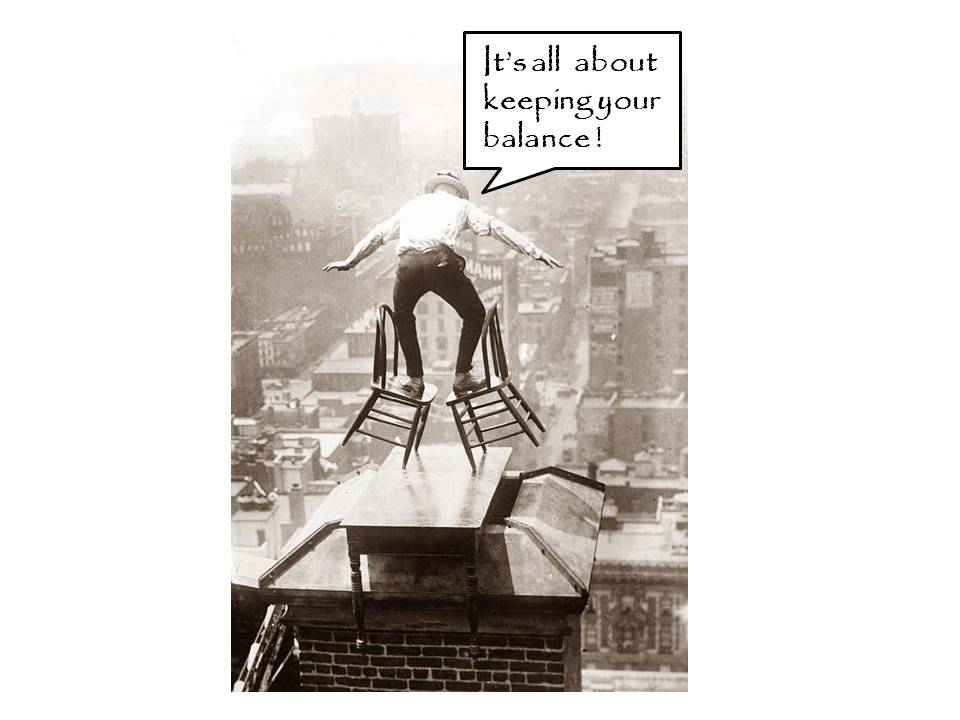
Nothing is simple anymore. In part, it’s because we have too many choices. Even picking out a toothpaste at the drugstore can be a conundrum-there are tubes stuffed with different colors, different flavors, tooth whiteners, cavity fighters, fluoride-treated, on and on and on. Speaking of toothpaste, although there is a lot of choices, we all know that this is necessary to keep our teeth healthy. Saying this though, it wouldn’t hurt to do a quick google search into something like Dentist Winter Park to find another way of keeping on top of your dental care. If you are having problems with your teeth, it is best to be safe than sorry and get the help you’ll need as soon as possible.
It’s enough to make you want to sit down with a cup of fair-trade, organic coffee to mull over the task. But wait. The fair trade part of the cuppa Joe is fine, but organic is not enough. Organic coffee destroys the rain forest-yep farmers are cutting downs swaths of trees to grow the beloved bean in full sun; the conscientious coffee drinker should buy organic, fair-trade coffee that is shade-grown, so forest and habitats can be preserved. Who can keep up with all this stuff?
Choices really start to multiply in the garden. OK, most of us know chemical pesticides and fertilizers are high-impact choices, but once-touted botanical pest and disease controls can also wreak havoc—by killing beneficial insects, or by being downright poisonous in their own right. Just because something is made from a plant doesn’t mean it’s safe for the environment or for humans. Castor bean soup anyone? Digitalis tea? But what’s left in the arsenal—soapy water and that kind of stuff—may not knock down pests in the way you hope. And the critters are destroying your prize (fill in the blank), the one you simply must-have. So what are you going to do? Decisions, decisions. If bees are part of the problem, though, a quick call for bee removal could provide a humane solution, allowing you to protect your garden without harming these vital pollinators. If you need pest control Marrietta OH services, you may contact Elite Pest Management.
Even the plants we put in the ground can have an impact. Just about everyone knows about the imperial designs of, say, purple loosestrife or other exotic invasives. To some, the answer is to use only natives, for others that’s too limiting. What about plants dependent on supplemental water, are they OK? Lawns are often decried as chemical-dependent monocultures. But they may not be as bad as concrete. An organic lawn may be a better choice, but wouldn’t swaths of Pennisetum be preferable? And a carpet of little bluestem better still?
To further complicate the issue of choice, there is the notion of regionalism. Not all places are the same. And just because something is a good choice for one place, doesn’t mean it’s good for every place. Take water hyacinths, for example. Bad for Florida, where they spread fast enough to strangle waterways. But nice up north, where they help clean the water in ornamental ponds and where winter kills ‘em dead. As any cork-dork oenophile can tell you, terroir matters.
Our every decision is fraught with environmental consequence. What we buy, where we buy it, how we use it-not to mention what we eat, how it was produced and where it came from—it all matters. Even if you are living naked in the jungle as a nomadic hunter-gatherer, your actions impact the planet.
It’s a lot to think about. But don’t let the ocean of options induce some kind of ethical paralysis. I believe in what Martin Luther King said more than 40 years ago: “The arc of the moral universe is long, but it bends toward justice.” I may be overly optimistic, but I believe we are all moving ever closer to better choices. Momentum is building. That doesn’t mean we don’t lapse on occasion-and there’s no reason to punish or condemn those who do. As King knew, change is evolutionary. It’s about dialog, not a diatribe.

As I mentioned, nothing is simple. It’s not as if one choice is good and another bad. There is no black and white. Instead, you’re staking out a spot somewhere on a long continuum of gray. And then, some of the darker choices may be balanced by brighter ones. Our net environmental impact is not based upon a single choice, but rather on the totality of the choices we make. The happy part of the equation is that they are our choices, and we are free to make them.
